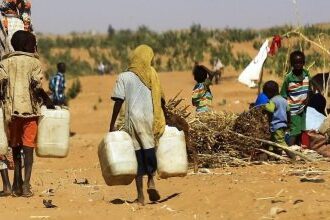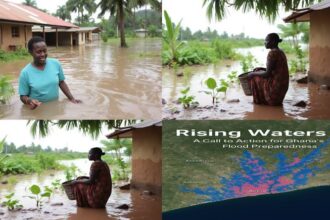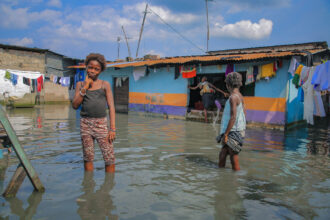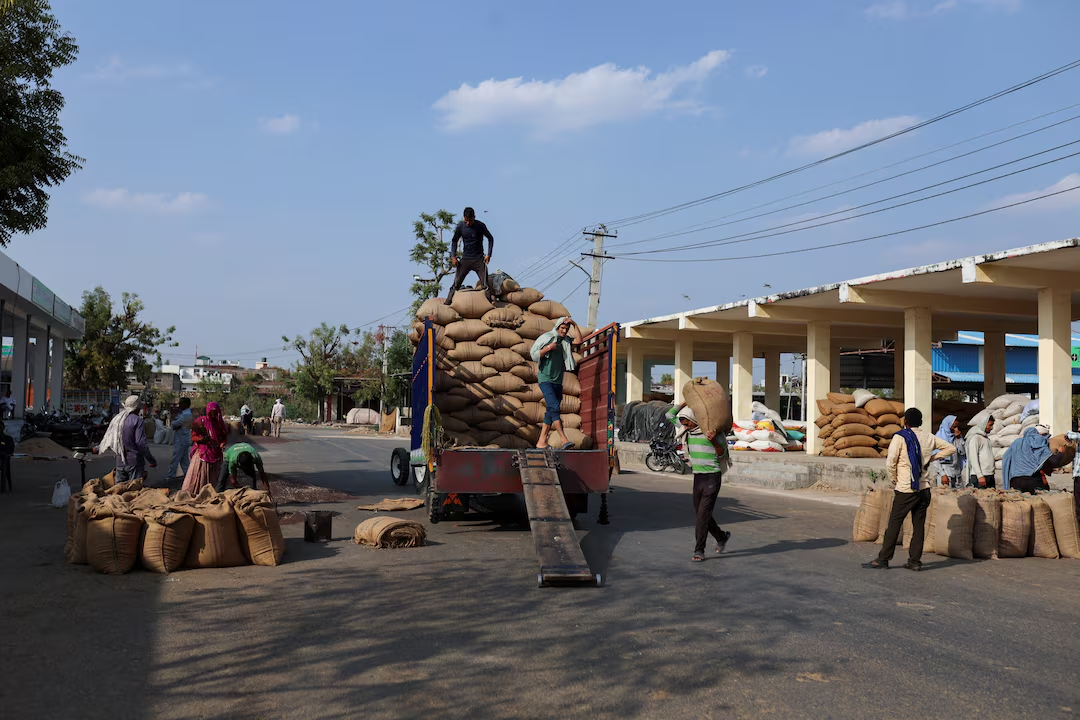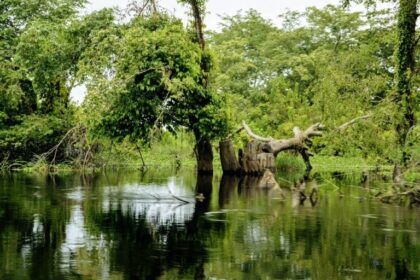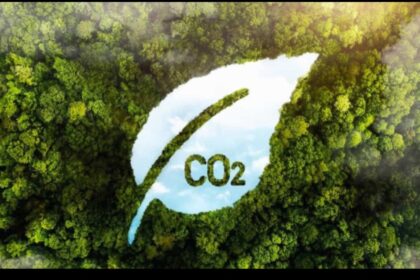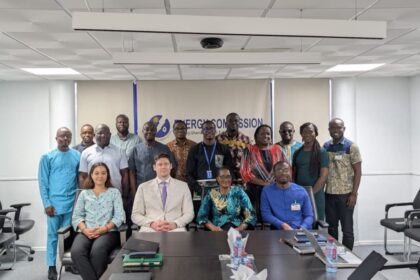As the world grapples with the escalating climate crisis, Africa’s leaders are raising alarms about the crippling debt burden that threatens the continent’s ability to effectively address this global challenge.
Ghana’s Minister for Climate Change, Hon. Seidu Issifu, has been at the forefront of this movement, urging the international community to take concrete actions in supporting vulnerable countries like Ghana in their pursuit of climate resilience and sustainability.
The climate crisis poses a pressing challenge in Africa, with far-reaching consequences for the continent’s economic, social, and environmental development. Rising temperatures, changing weather patterns, and an increased frequency of extreme weather events are taking a devastating toll on African communities, economies, and ecosystems.
The impact of climate change on Africa includes the loss of livelihoods, which exacerbates poverty and undermines economic development.
This, in turn, affects agricultural productivity, leading to food insecurity and malnutrition. Moreover, climate-related disasters drive displacement and migration, straining social services and infrastructure.
The debt burden is a significant obstacle in achieving climate goals in Africa. Many countries are struggling to service their debts, leaving them with limited resources to invest in climate resilience and sustainability initiatives.
In fact, African countries are projected to spend a staggering $90 billion on servicing public debt in 2024 alone. This debt burden restricts the resources available for climate action, worsening the climate crisis.At Climate Watch, we believe that debt forgiveness is a critical step toward enhancing climate resilience.
Debt forgiveness is not just a moral imperative; it is also an economic and environmental necessity. By alleviating the debt burden, African countries can redirect resources towards climate resilience and sustainability initiatives.
Such measures can include investing in flood defenses and climate-smart agriculture, which are essential for adapting to the changing climate. Additionally, debt forgiveness can foster sustainable development, driving economic growth and improving public health.
As we look to the future, it becomes clear that debt forgiveness is not merely a short-term solution but a long-term investment in Africa’s climate resilience and sustainability. We urge the international community to take concrete steps in supporting Africa’s call for debt forgiveness and to work toward a more equitable and sustainable future for all.
We believe that concessional finance, overseas development assistance, and green bonds can provide critical support for Africa’s climate action efforts.Let us work together to build a climate-resilient and sustainable future for Africa and the world.
Source: www.climatewatchonline.com




